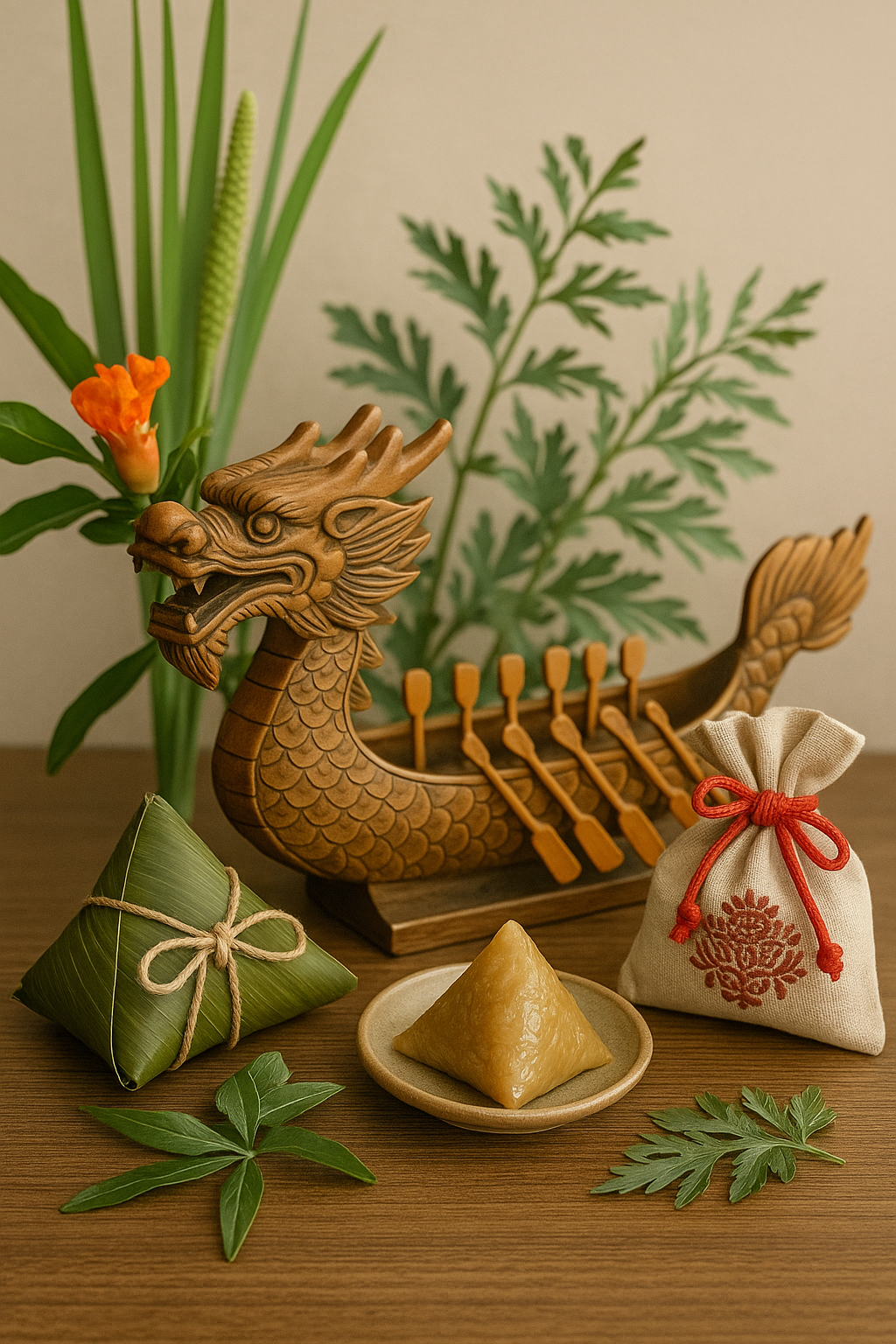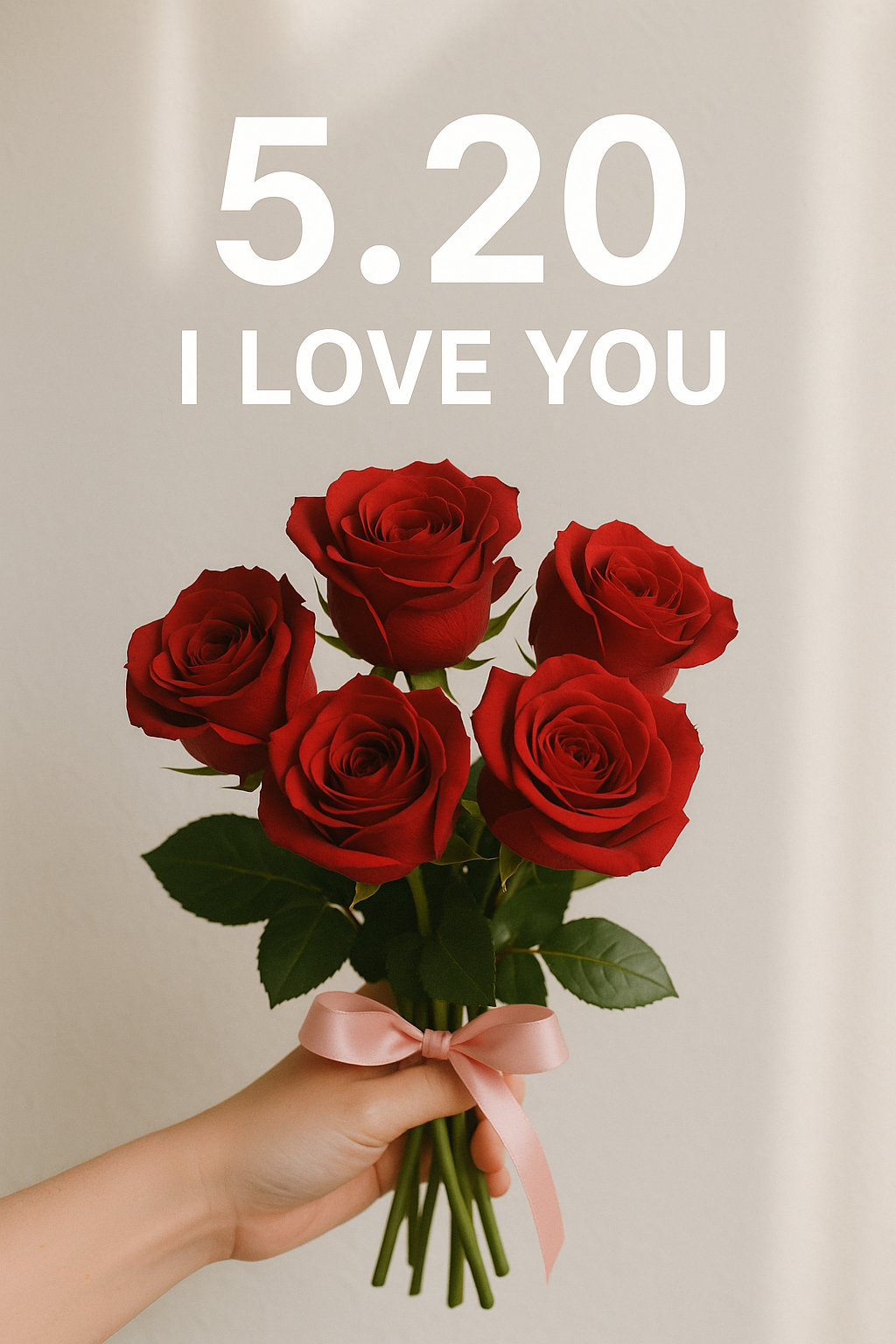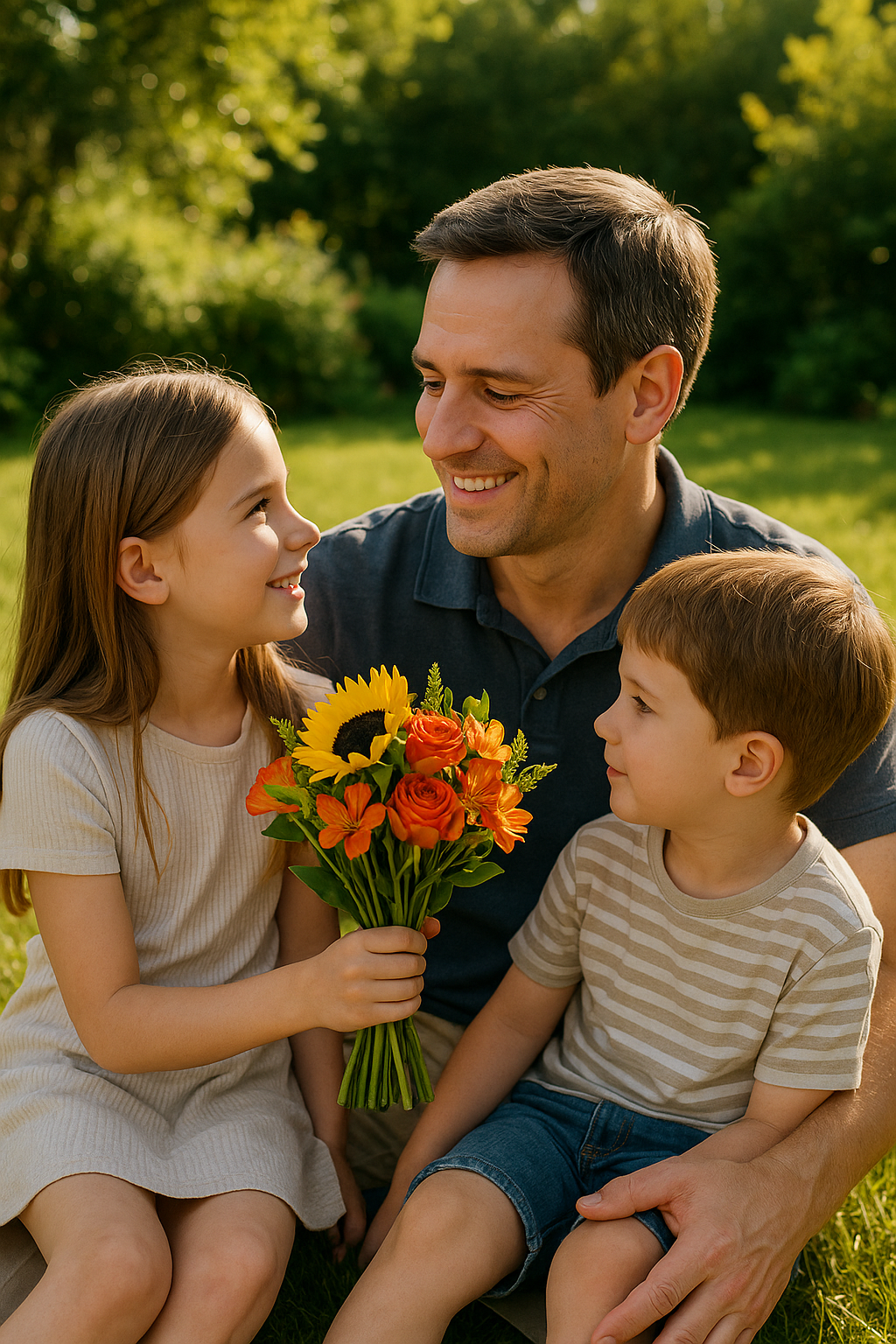
Discover the Cultural Meaning Behind Dragon Boat Festival Flowers: How Traditional Plants Inspire Modern Floral Design and Gifting
The Relationship Between the Dragon Boat Festival and Flowers
— A Thousand-Year Connection of Tradition, Blessings, and Botanical Wisdom
The Dragon Boat Festival, also known as Duanwu Festival, is celebrated annually on the 5th day of the 5th lunar month. Known for its iconic traditions like dragon boat races, rice dumplings (zongzi), and hanging herbal sachets, this festival is deeply rooted in Chinese history and culture. Among the many customs observed during this time, flowers and plants hold a special place, not only as decorations but as powerful symbols of health, protection, and goodwill.
In this article, we’ll explore the multifaceted relationship between the Dragon Boat Festival and flowers—from their historical roots and symbolic meanings to their role in modern floral design and cultural expression.
1. Origins and Cultural Significance of the Festival
The Dragon Boat Festival commemorates the patriotic poet Qu Yuan, who drowned himself in the Miluo River out of despair for his country. According to legend, villagers paddled out in boats to find his body, throwing rice dumplings into the water to keep fish from eating him. These acts evolved into the dragon boat races and zongzi-eating traditions we know today.
But aside from commemorating Qu Yuan, the festival also coincides with the arrival of summer—a time when diseases and pests were more prevalent in ancient times. The fifth lunar month was considered “poisonous” due to the heat and dampness, making people especially concerned about health and safety. Hence, the Dragon Boat Festival also became a time for warding off evil and protecting one’s well-being, where herbs and flowers played a central role.
2. The Botanical Guardians of Duanwu: Traditional Plants and Their Meanings
During the Dragon Boat Festival, certain plants and flowers are commonly used in rituals and decorations due to their protective properties and cultural symbolism. These include:
a. Mugwort (Artemisia / 艾草)
One of the most iconic plants of the Dragon Boat Festival, mugwort has a long-standing reputation in Chinese medicine as a warming, detoxifying herb. People hang bunches of mugwort on doors or windows to repel insects and evil spirits. It’s also made into herbal sachets worn around the body to strengthen yang energy and ensure health.
Today, mugwort is even included in modern floral arrangements as a subtle nod to tradition, often combined with roses or hydrangeas for a more festive aesthetic.
b. Calamus (Acorus / 菖蒲)
With its sword-like leaves, calamus symbolizes strength and protection. In ancient times, people carved sword shapes from calamus leaves to ward off demons and bad luck. It was also steeped in wine or water for medicinal bathing rituals believed to prevent disease and promote vitality.
Calamus is often paired with mugwort in door decorations and remains a beloved feature in rural and traditional households during the festival.
c. Pomegranate Flowers (石榴花)
Blooming brightly in May, the red pomegranate flower is associated with prosperity, fertility, and good luck. It was common for women and children to wear pomegranate blossoms in their hair or pinned to clothes during Duanwu. The flower’s vibrant color and symbolism make it a popular component of celebratory bouquets in modern interpretations.
d. Eupatorium (佩蘭)
This aromatic herb is traditionally used in fragrant sachets and herbal baths. Believed to purify the air and the body, Eupatorium was part of a bathing tradition known as “兰汤” (lan tang)—a symbolic cleansing of the body to wash away bad luck.
Today, Eupatorium is still used in sachets or dried flower décor during the Dragon Boat Festival, especially in handmade wellness products.
e. Hydrangeas (繡球花)
Though not a traditional herb, hydrangeas bloom abundantly during the fifth lunar month. Their full, round shape symbolizes unity and abundance, making them increasingly popular in modern Duanwu-themed arrangements. When combined with mugwort or pomegranate flowers, hydrangeas add both color and festive spirit to seasonal bouquets.
3. Symbolic Functions of Flowers in the Festival
The flowers and herbs used during the Dragon Boat Festival serve more than just decorative purposes. They carry deep cultural significance, including:
-
Protection: Mugwort and calamus are believed to guard against disease, evil spirits, and negative energy.
-
Blessings: Pomegranate flowers and hydrangeas express wishes for prosperity, fertility, and family harmony.
-
Health & Purity: Herbal sachets and bath rituals using eupatorium and other medicinal plants promote physical and spiritual cleansing.
These symbolic meanings have been passed down through generations, forming a rich and evolving cultural tradition.
4. Modern-Day Floral Innovations for Duanwu
In contemporary times, florists and designers have reimagined the role of flowers in the Dragon Boat Festival, blending tradition with creativity. Some modern trends include:
a. Duanwu-Themed Bouquets
Florists create seasonal arrangements featuring mugwort, calamus, and pomegranate flowers paired with roses, carnations, or lilies. These are ideal gifts for family and elders, conveying health and festive blessings.
b. Herbal Sachets & Dried Flower Crafts
Handmade sachets containing dried herbs like mugwort, eupatorium, and lavender are popular as wellness gifts. Some even incorporate essential oils or handmade embroidery to elevate their appeal.
c. Home Décor
Instead of simply hanging herbs on doors, people now create centerpieces or wreaths using traditional plants, offering a stylish and meaningful way to decorate homes during the festival.
d. Corporate Gift Sets
Businesses increasingly offer Duanwu gift bundles that include dumplings, herbal sachets, and floral arrangements as holiday presents for employees and clients—merging culture with brand goodwill.
Preserving the Botanical Spirit of Duanwu
The Dragon Boat Festival is more than a celebration of heritage or the remembrance of a patriotic poet. It is a living tradition that integrates the wisdom of nature with cultural symbolism. The flowers and herbs used during this festival not only brighten spaces and delight the senses, but they also embody people’s aspirations for health, harmony, and protection.
Incorporating these plants into modern lifestyles—whether through a handmade sachet or a Duanwu-themed bouquet—is a way of preserving and rejuvenating ancient customs. As new generations continue to explore the beauty and meaning behind these floral traditions, the connection between Duanwu and flowers remains as alive and vibrant as ever.
So the next time you see a bunch of mugwort hanging on a door or receive a festive bouquet with pomegranate flowers, take a moment to appreciate the centuries of culture, belief, and botanical wisdom behind it.


